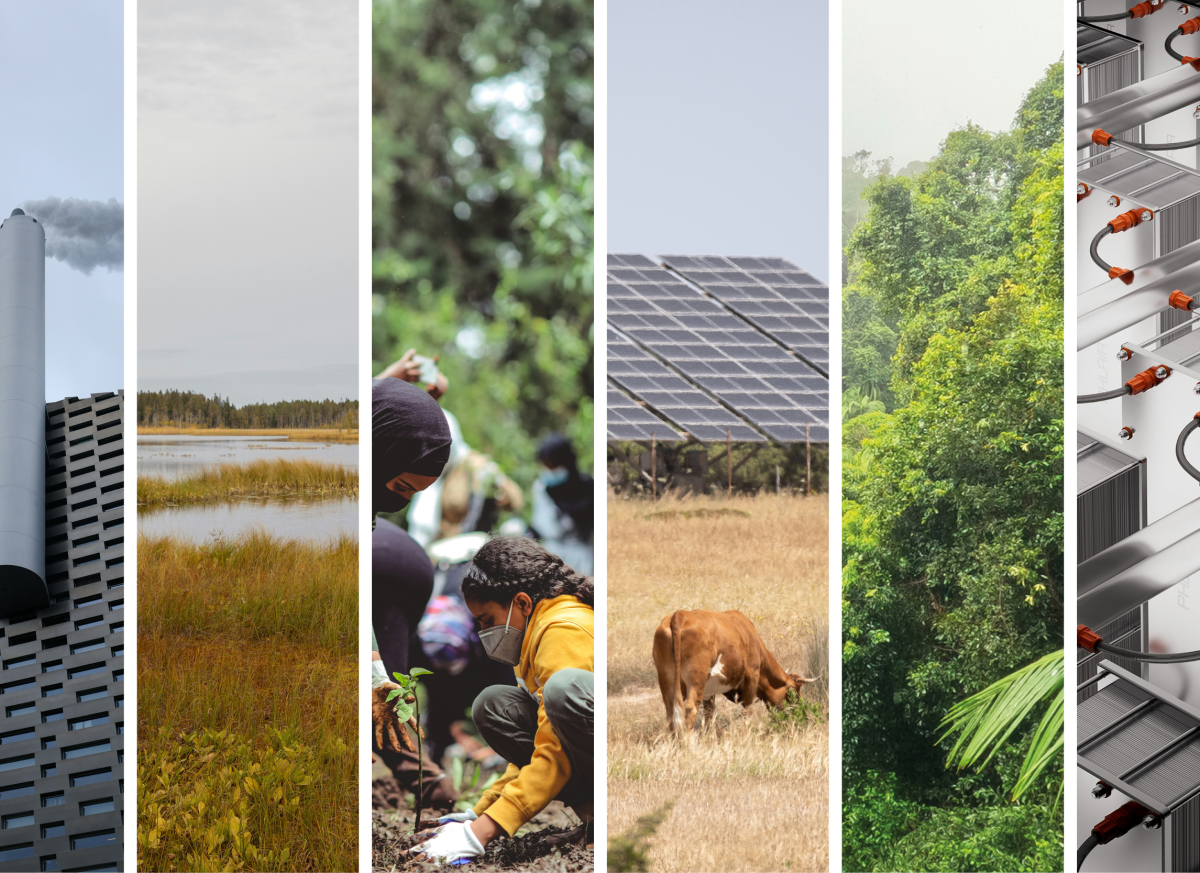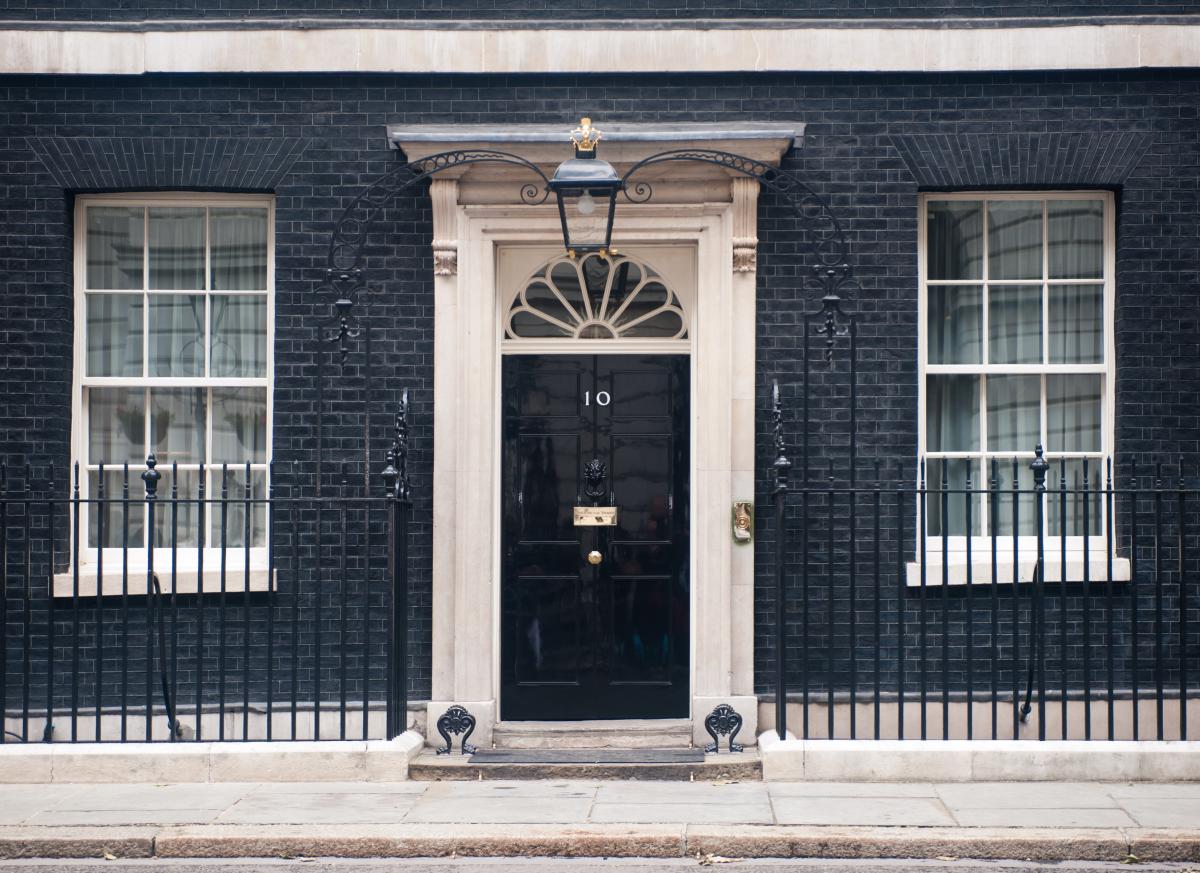News
A 7-Step guide to help companies deliver a just transition
Alexis McGivern and Dr Matilda Becker set out 7 steps companies can follow to help themselves, and the world, transition to a sustainable future in a way that is fair and equitable.
India Is Using AI and Satellites to Map Urban Heat Vulnerability Down to the Building Level
While temperatures rise across the world, Dr Radhika Khosla warns that many heat action plans implemented by governments are missing "hyperlocal targeted" responses to heat risks. “Often where the actions are taken may not be where the most vulnerable are," she explained.
The Most Efficient Way to Run Your AC During a Heat Wave
Parts of America are currently suffering from a stifling heatwave. Dr Radhika Khosla raised the issue of overreliance on air conditioning in an article for Time Magazine. "Air conditioners are not the most climate friendly solutions because they're extremely energy intensive... they're so energy guzzling, they place quite a large strain on the [fossil fuel] electricity grid," she said.
Breaking barriers: two Smith School alumni discuss their path to Oxford
Smith School MSc alumni Aurona Sarker and Lewis Ireland discuss how they overcame hardships and social barriers to study our MSc in Sustainability, Enterprise and the Environment.
Global Banks Increase Fossil-Fuel Funding as Climate Pledges Crumble
A new report shows that banks poured nearly $900 billion into financing coal, oil and gas projects in 2024. Dr Ben Caldecott commented: "Currently, far too much financing is provided to companies with no intention of ever decarbonizing, and with plans for new capex unmoored from the reality of the energy transition,”
Legal experts and economists sound the alarm over the EU’s sustainability rules rollback
The European Commission has recently come under fire for attempting to weaken its laws on corporate accountability. Dr Thom Wetzer commented: “The European Union is proving itself not to be a reliable regulator because they’re flip-flopping in the face of changing political winds.”
The Most Efficient Way to Run Your AC During a Heat Wave
As temperatures rise, Dr Radhika Khosla warned Time readers about the problems of over-relying on air conditioning. "Air conditioners are not the most climate friendly solutions because they're extremely energy intensive, they use a whole order of magnitude more electricity than fans, and because they're so energy guzzling, they place quite a large strain on the [fossil fuel] electricity grid,” she said.
Leading UK scientists urge Prime Minister to place nature at the centre of economic and climate policy
On 9 June 2025, a group of over 35 senior UK academics, coordinated by NbSI Director, Nathalie Seddon—drawn from ecology, economics, public health and the social sciences—delivered an open letter to the Prime Minister.
New Oxford Principles to guide responsible carbon trading under the Paris Agreement
Today, a University of Oxford-led team of researchers have published a set of principles which could help countries and corporates engage with Article 6 in a way that results in genuine climate action.
Now is not the time to turn our backs on nature': Leading scientists issue warning to PM ahead of Spending Review
Over 30 leading academics signed a letter to the Prime Minister urging him to ensure nature is properly valued in all economic decisions. The letter, spearheaded by Professor Nathalie Seddon, was delivered ahead of the Government's annual Spending Review.
Every new home to have solar panels and heat pumps from 2027
The Times' Adam Vaughan reported on a letter sent to the Prime Minister by leading environmental economists including Professor Sam Fankhauser, Professor Cameron Hepburn and Dr Anupama Sen of the Oxford Smith School, alongside the Government's latest household solar energy initiative.
No trade-off between net zero and economic growth, state top UK economists in letter to PM
In a letter delivered to the offices of the Prime Minister, Chancellor of the Exchequer and Secretary of State for Energy Security and Net Zero on Wednesday 4 June, leading environment economists from the University of Oxford, the University of Cambridge, and the London School of Economics and Political Science state that with careful policymaki











